Why I Quit My Gluten-Free Diet After 7 Years
Ok. Before you panic, take a deep breath and relax. There’s no need to get all crazy, please give me a few minutes to explain Why I Quit My Gluten-Free Diet after 7 Years. This is one of the scariest posts I’ve ever published. I’m hoping that I can rely on all of you to be understanding and supportive. And most importantly that you read through this entire post and not jump to conclusions.
I’ve been Gluten-Free for over 7 years, most of which completely grain-free. I’ve even written a best selling cookbook; Without Grain – touting the health benefits of eating grain-free and how it helped me improve my auto-immune vitiligo.
Let me be abundantly clear up front, my opinion of “gluten” the way we know it today has not changed. The bread, crackers and pasta that flood our grocery store shelves, isn’t ever going to be healthy to consume, in my opinion.
And I’m not advocating that anyone else, who is gluten-free, to abandon their GF diet. But this is a new season of MY life.
I’m excited to share that after much thought, and years of a living a health building lifestyle, I’ve decided to introduce wheat back into my diet.
But here’s where it gets tricky… Not just any wheat – Heritage, Old-Fashioned, Ancient Grain, Einkorn Wheat.
Wheat, Gluten, History & Statitstics
Gluten has been consumed for thousands of years by healthy cultures with no downside. The alpine living Swiss, for example, consumed a significant percentage of dietary calories as dense sourdough bread made from gluten containing rye. This culture suffered from virtually no degenerative disease including the absence of dental caries as documented in words and pictures by Dr. Weston A. Price early in the last century. The young men from these Swiss villages were so pleasing in character, strength and physique that the Vatican favored them for appointment to the Swiss Guard.
Dr. Price also discovered that the alpine living Swiss he examined whom did suffer from cavities were invariably the same young people who had left the nurturing foods of home at around age 18 to live elsewhere only to find themselves with one or more rotting teeth within a year or two (or worse tuberculosis). Interestingly, Dr. Price discovered upon examination of these young people who had returned home that their dental caries had healed and were no longer causing any distress. Similarly, not a single case of tuberculosis was reported in the Swiss alpine villages consuming a native diet loaded with gluten despite the disease being rampant elsewhere in Switzerland and Europe at that time.
Wheat and Gluten Today are Very Different
It’s no surprise to learn that the wheat on the market today and the gluten it contains, are quite different than the wheat eaten long ago by traditional societies.
Modern wheat has been hybridized over the years (and in obscene fashion using irradiation in the last few decades) to be very high in gluten, so much so that many people have developed an intractable intolerance to it. No doubt the dependence of modern society on antibiotics and other pharmaceuticals that seriously compromise the integrity and flora of the gut environment plays a role as well.
What is Einkorn?
Einkorn is known as the oldest variety of wheat. Einkorn was first cultivated by ‘man’ roughly 10,000 years ago. It is classified as a “diploid” because it only has two sets of chromosomes whereas modern, hybridized-wheat varieties are classified as “hexaploid,” having six sets of chromosomes.
Since einkorn is the only known variety of wheat with only 2 sets of chromosomes still known to exist today, there has been considerable interest surround it and the issue of gluten toxicity.
Is wheat/gluten itself the problem? Or is it the ratio of gladden to gluten? Einkorn has a much more favorable ratio of gladden to gluten than modern wheat varieties, 2:1 compared to 0.8:1. While this lower gluten ratio may hold some promise for those with gluten intolerance disorders, it should be cautioned that einkorn DOES contain gluten.
In the United States, about one in every 133 people have celiac disease, which means approximately 2.4 million people have the condition. Where as other parts of the world it’s prevalence is less than 1%.
Why are so many Americans allergic to gluten now? Is something going on with our wheat supply? Is the problem even gluten, or is it the wheat itself? Could it be the varieties grown here, or the way it’s processed? Surely it’s not normal for so many people to develop this problem over such a short period of time here in American but not abroad?
Should you give up your Gluten-Free Diet too?
Monkey-See, Monkey-Do?
No, Monkey DON’T
Don’t be that guy. I’m not in any way, shape or form saying that gluten is good or einkorn is ok for everyone. This is a very personal decision and one that may not be a long term change. I suggest doing lots of research before deciding to test Einkorn.
I take great pride in being authentic and honest with you all. And I can’t in good faith not share this minor change publicly.
Learn more about Einkorn:
To learn more about Einkorn Wheat/Sourdough, incorporating it into your Gluten-Free Diet and how to use Einkorn, here’s 4 books I recommend reading:
What does this mean for HSITK’s Recipes?
Nothing is really going to change…. While I’m going to share a few einkorn recipes that I successfully create, this is not a gluten-loving site and never will be. I do not feel that wheat/gluten is necessary for health and if it’s consumed at all it should be treated similar to sugar, in strict moderation.
Anticipate a sprinkling of Einkorn recipes but the focus of HSITK will remain gluten-free recipes. All Einkorn recipes will be clearly titled and this post will be linked to.
Just like I also share low-carb, paleo and vegetarian recipes but don’t strictly follow any of those diets, but I do eat these types of foods also.
And I will ONLY be using THIS Einkorn Flour in my recipes. I’ve done siginifigant research before adding Einkorn into my diet and I’ve found it to be a superior brand. They also offer several pre-made products that can help to simplify the testing process if you aren’t ready to DIY everything like me.
Am I tolerating Einkorn Wheat?
I’ve been conservatively incorporating Einkorn into my diet since November 2016 with no digestive upset or other physical/mental symptoms. After 6 months or a year of consuming Einkorn with no ill-effects, I will have follow up testing so see if there is any markers of damage or intolerance (I have not had any in the past though testing while eating gluten free) to see internally what’s happening.
When I say CONSERVATIVELY, I mean that it’s not a regular part of my diet. It’s a special treat, just like sugar/sweeteners. On average I’m having Einkorn 3-4 times a month. I’m not eating grain-heavy diet. My regular way of eating is still low in carbs and high in fats.
I’m sure some of you are baffled by this decision but I’m a person who thrives on ANSWERS. I want to know is gluten the problem or is modern-gluten containing wheat the problem for my body?
And – I’m super excited to bake bread again. Like the real-deal. I’m a cooking fanatic, I can’t lie.
Have you researched Einkorn? Have you tried it? How did Einkorn work for you?
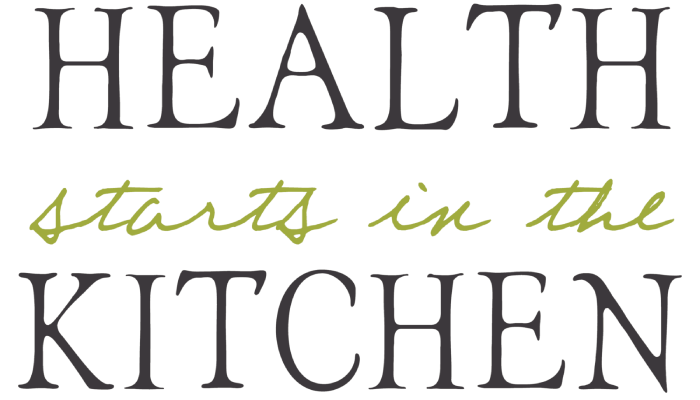
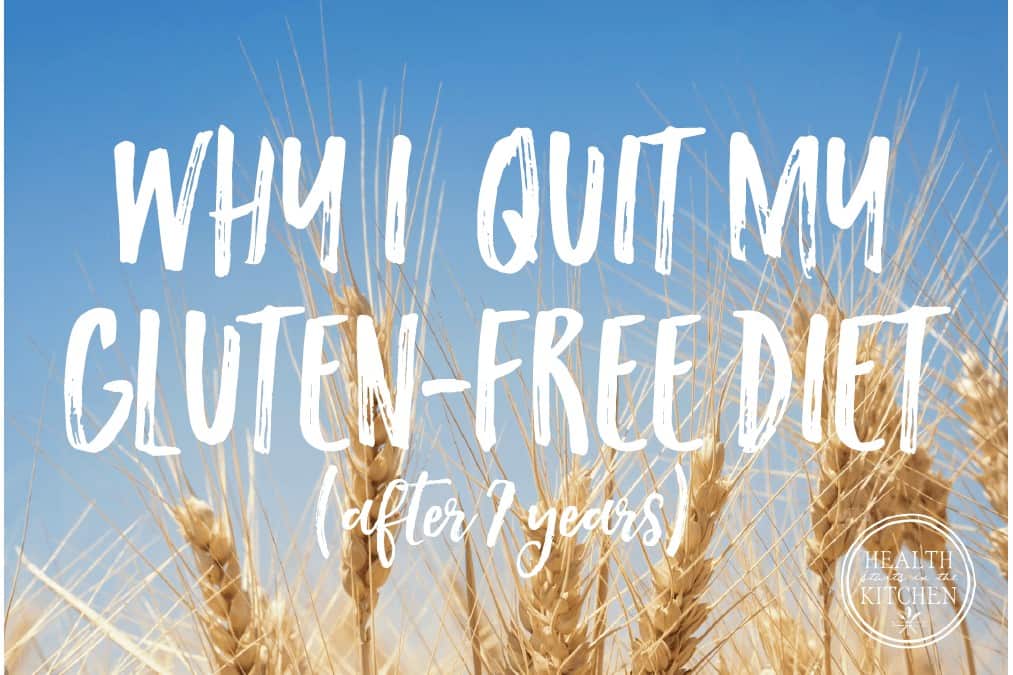
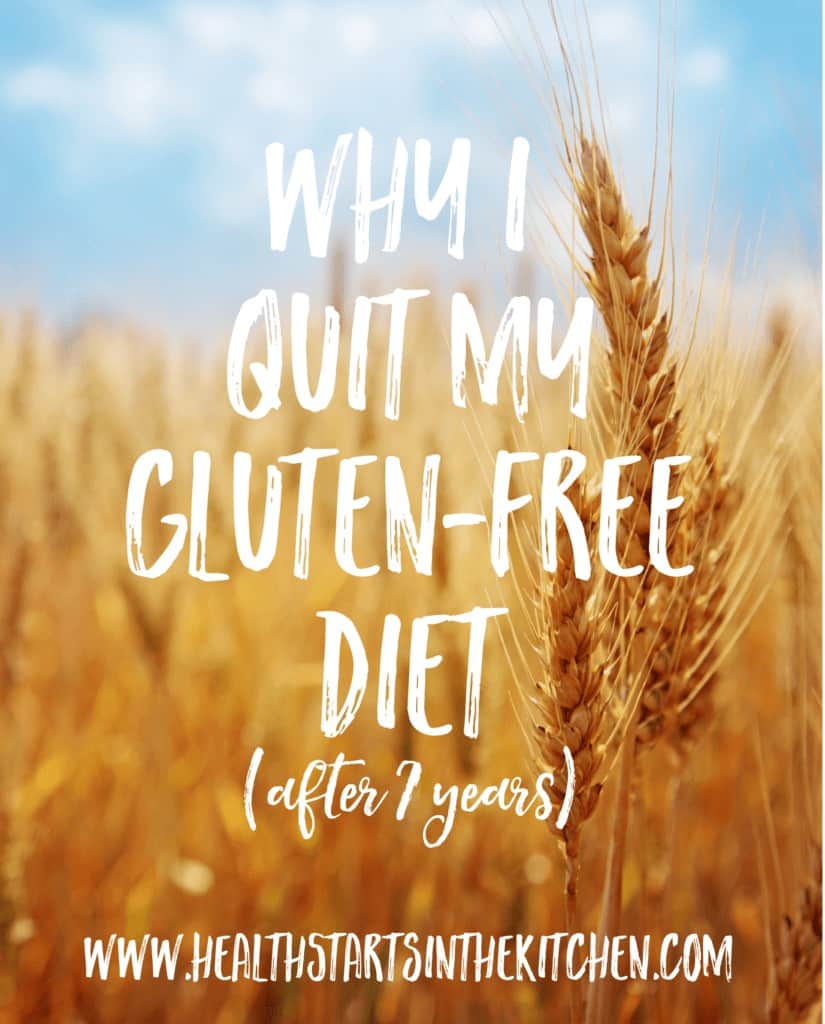
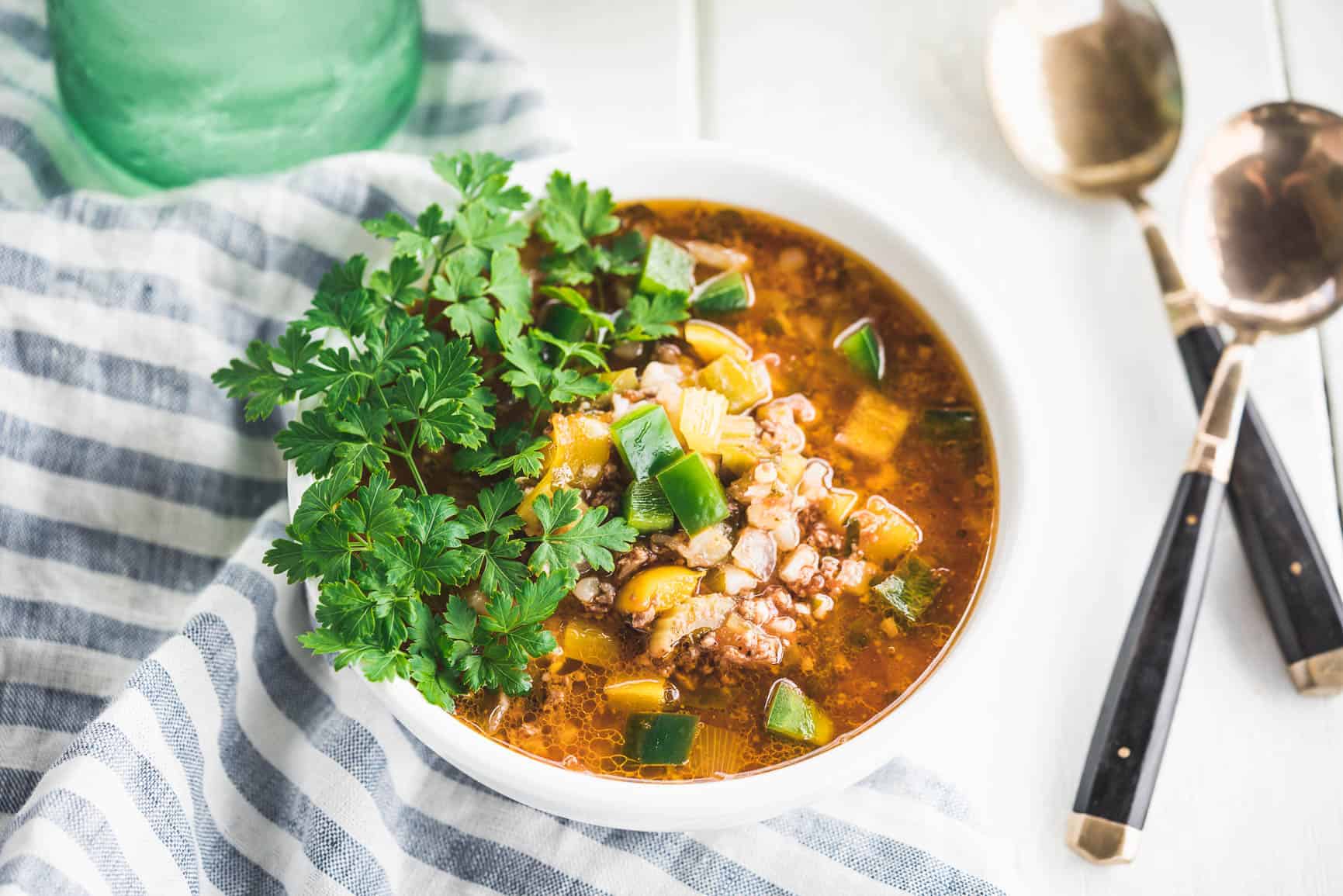
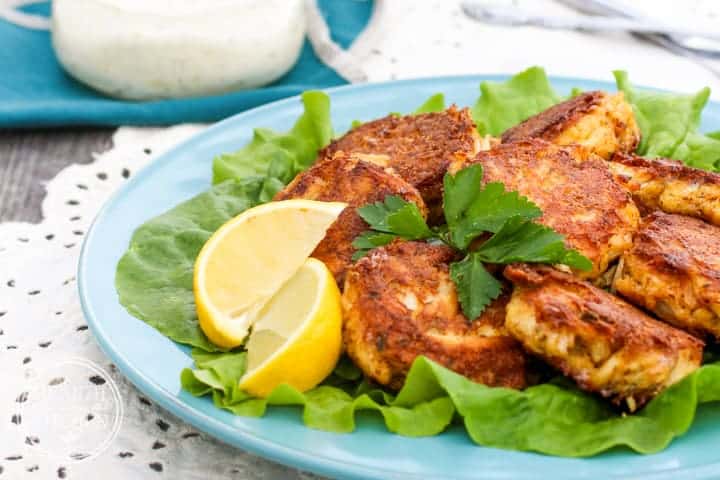


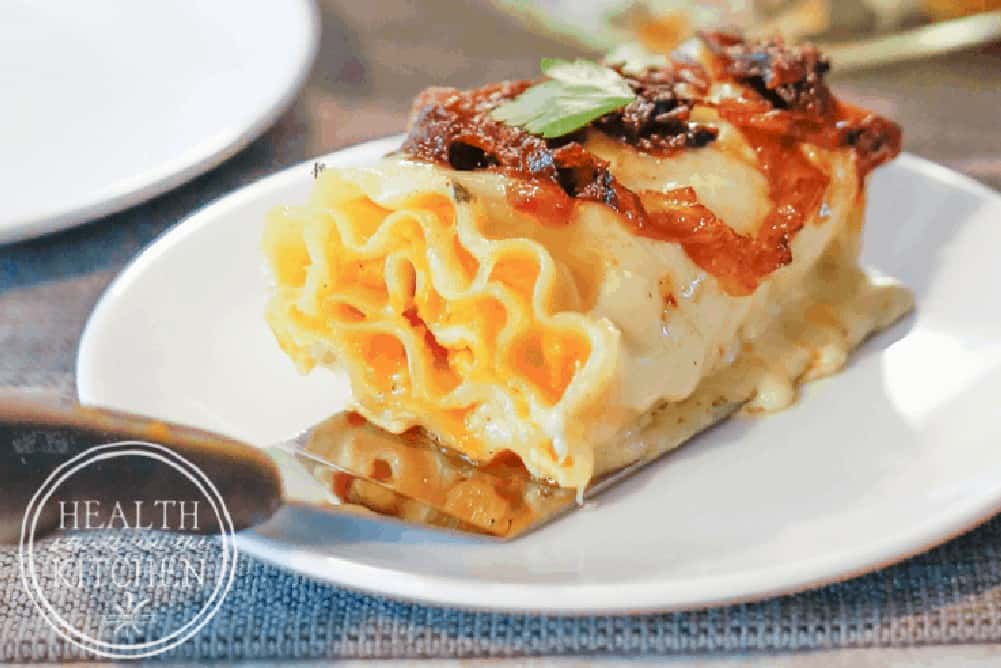

hi ya,
Would love to know if you followed up with the tests to see how if there are any damaging effects from eating einkorn
I have not followed up with any additional testing… while I do not have any obvious effects from eating eikorn or gluten, I have noticed a small change in my vitiligo and have removed it from my diet to see if I can reverse it quickly.
This is a great post. But I want to point out that 1 in every 133 people is less than 1% so unless there are other supporting stats celiac may not be higher in the US than Europe.
There is nothing wrong with any form of gluten for people who do not have Celiac Disease. I have never understood why and how the complete elimination of all Wheat, Barley and Rye grains from your diet due to an Autoimmune disease, became suddenly a health trend that is everywhere and has become a joke with celebrities on talk shows!
Thank you for being honest about your reasons for returning to healthy grains. More people need to admit that grains are and have always been healthy, unless you are Celiac and then… Well you really do not have the option or choice to eat those things. Not unless you want to take on severe health risks such as stomach and colon cancer and the early onset of bone crumbling osteoporosis. Not to mention the extreme pain and digestive distress of eating gluten (even a small amount, accidentally) and the joint pain and brain fog that can last for many weeks afterward.
Yes, I have Celiac, so I will not be adding those grains back into my diet or any others that have gluten for that matter. Celiac doesn’t go away or get better. You eliminate the allergen or you suffer, there is no alternative.
I appreciate your genuine search for the healthiest way to live your life and that you are sharing that experience with others here.
I just want to add that I love the Jovial einkorn pasta. It is a great substitute for regular pasta. I have been buying it since Jovial first put it on the market. At that time they did not have ground flour available and I bought the berries and ground it myself. They are an awesome company.
Exactly my thoughts! I don’t think it’s the wheat that’s causing healthy issues it’s more likely what’s been done to it that’s bother us.
Very interesting research being done on other substances besides gluten:
It’s possible if you do not have celiac disease, other substances in wheat are actually causing the problems we attribute to gluten: amylase-trypsin inhibitors (ATIs).
.Possibly ancient wheat strains don’t have the amylase-trypsin inhibitors (ATIs).
Also thanks to Monsanto all the masses of wheat grown today are dripping with glyphosate (freakin poison)
See part of article below
Scientists have discovered that a protein in wheat triggers the inflammation of chronic health conditions, such as multiple sclerosis, asthma and rheumatoid arthritis, and also contributes towards the development of non-coeliac gluten sensitivity.
With past studies commonly focusing on gluten and its impact on digestive health, this new research, presented at UEG Week 2016, turns the spotlight onto a different family of proteins found in wheat called amylase-trypsin inhibitors (ATIs). The study shows that the consumption of ATIs can lead to the development of inflammation in tissues beyond the gut, including the lymph nodes, kidneys, spleen and brain. Evidence suggests that ATIs can worsen the symptoms of rheumatoid arthritis, multiple sclerosis, asthma, lupus and non-alcoholic fatty liver disease, as well as inflammatory bowel disease.
Source
https://www.sott.net/article/331389-New-study-links-amylase-trypsin-inhibitor-a-protein-in-wheat-to-inflammation-of-other-immune-related-chronic-conditions
Your hunch is right Sherry! Confirmed in article I have included below.
https://pubs.acs.org/doi/10.1021/acs.jafc.8b04411
Targeted LC–MS/MS Reveals Similar Contents of α-Amylase/Trypsin-Inhibitors as Putative Triggers of Nonceliac Gluten Sensitivity in All Wheat Species except Einkorn
Sabrina Geisslitz, Christina Ludwig, Katharina Anne Scherf, and Peter Koehler*
THIS is an awesome post. I agree with every word. After living in Zurich, Switzerland for 2.5 years, we moved back to the states. I started eating Dave’s killer bread and my body went berserk. I had symptoms of celiac for years and had never connected the dots. After eating “american gluten” for a few months, I started having the worst joint pain. I went to my naturopath and a week later I was diagnosed with celiac. I will never eat gluten again but I fully support you eating einkorn. I would never unfollow you because of that. You are too awesome. Thanks for sharing and inspiring. Xoxo.
Very Interesting and informative blog post! Although I am a consumer of gluten and do not have any issue processing it, I did love reading your post. It was also interesting reading about the Alpine Swiss!
Congratulations! I think you’ve made a wise decision.
Though not fully celiac, I know I have a strong sensitivity to wheat products and have been thinking about bringing Einkorn into my life for a couple of years now. After reading your post, I really do believe it’s worth a try!
My one concern with growing this wheat in the States vs Tuscany is…Monsanto. Over time, is the Einkorn grown in the States going to become contaminated by their GMO products, thereby destroying a product that’s been pure for over thousands of years? Are safeguards in place to ensure that can’t happen? I guess we wait and see. Meantime – good on you, and I’m looking forward to your Einkorn recipes!
Keep in mind that as of this time, Wheat is not a GMO… and I’m not sure that Einkorn would cross pollinate with GMO wheat, if/when it’s growing commercially. Kind like how GMO corn cannot cross/contaminate blue corn and popcorn. However, I do have full confidence that Jovial has the same concerns as we do <3
This has always been my “gluten-free” lifestyle. My body tolerates ancient grains, but not the processed grains more readily found her in the states. I am able to eat bread made of einkorn or faro. Welcome to the club!
Brava! I try to be as Paleo-esque as possible, but I’m never going to be able to give everything up, for always. And sometimes I wonder *why* I would want to do that when – like y0u – I don’t think ancient grains or other more nutritious grains are ‘bad’ for me. I am in complete agreement about the ‘white’ grains – I have mostly given up bread, crackers and pasta, but I am neeeever going to part with my rice, or beans, or bananas for that matter. If I feel healthy, eat as much non-processed food as possible and watch my overall calorie, gluten, sugar and sodium intake, then I am ahead of millions of Americans who don’t do any of these things.